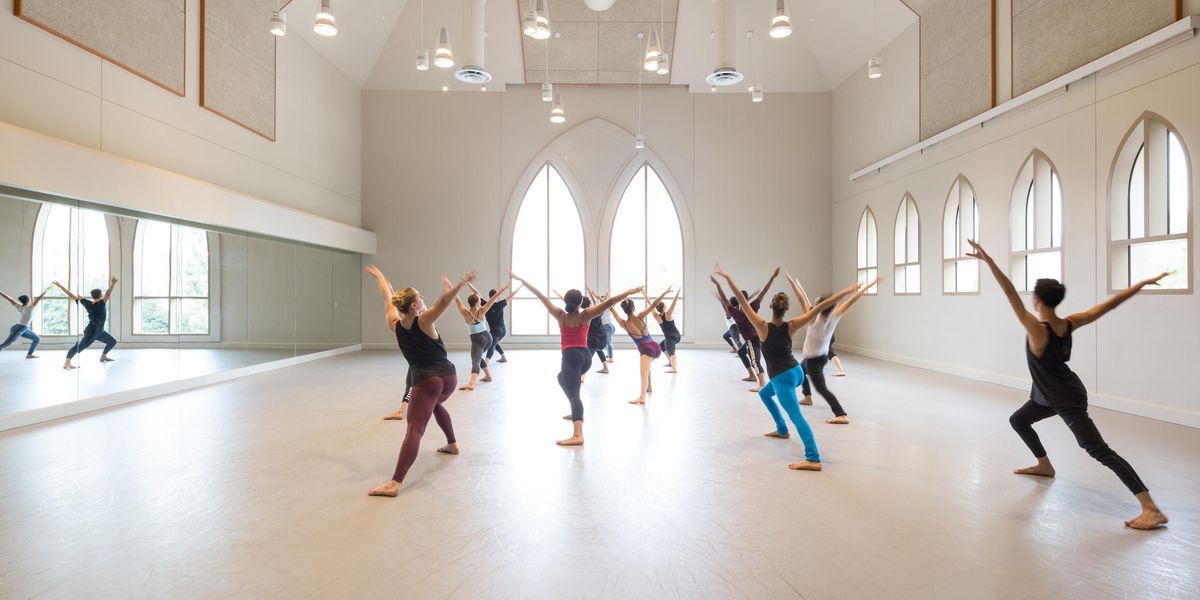The Latest: Graham, Gone Wild
An eclectic mix of artists reenvisions Martha Graham’s
Lamentation.
PeiJu Chien-Pott in Lamentation. Photo by Hibbard Nash Photography, Courtesy MGDC.
They’re choreographers you would never expect to see sharing a bill with Martha Graham: Modern dancer Kyle Abraham, tapper Michelle Dorrance, contemporary abstractionist Liz Gerring and Sonya Tayeh of “So You Think You Can Dance.” But each has created their own version of her historical work Lamentation to premiere during Martha Graham Dance Company’s season at The Joyce Theater, February 10–22. “Lamentation was a radical departure from what had come before, stripping everything away and representing the essence of emotion,” says artistic director Janet Eilber. “That seismic shift still resonates today.”
The project, Lamentation Variations, began in 2007 as a way to commemorate September 11. Come this season, MGDC will have 12 Variations in its repertoire. Eilber hopes that the range of choreographers participating this year—part wish list, part kismet—will bring something new to the Graham repertoire and grow MGDC’s audience by making the 85-year-old Lamentation more accessible.
Some of the choreographers feel like a natural fit. For instance, Kyle Abraham has built his Variation from his Graham and Cunningham training. “There’s a fear of doing too much of a derivative. I’m giving a nod to the technique, but allowing it to be my take,” says Abraham. “Knowing that Merce had studied with Graham, I found myself wanting to pair Cunningham curves and Graham contractions.”
Other choreographers’ works, like Dorrance’s, will introduce a new style to the Graham aesthetic. “I am not using tap dance as an acute technique in this work, but I am using its foundation,” says Dorrance. “This opportunity allows me to branch out and apply the way I see rhythm as a driving force for non-percussive dancers.
What would Martha think about all of this? “As we move forward on all of our experiments, I believe she’s cheering us on,” says Eilber. “She was all about the future.”




